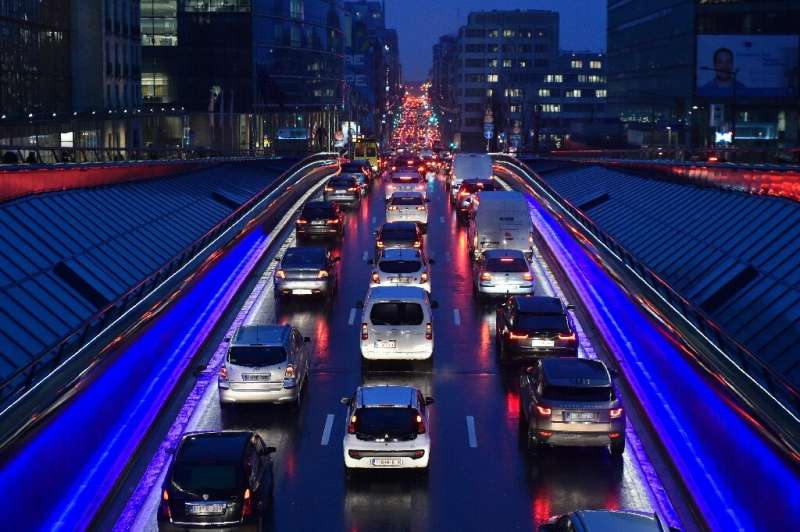Brussels mulls car use tax to cut traffic jams

Officials in the Brussels region are looking at a new tax to tackle the city's notorious traffic jams by penalising heavy car use, the region's minister for mobility said Wednesday.
It would be linked to the length and frequency of journeys, replacing a fixed-rate tax already in place, said Elke Van den Brandt, a deputy for the Greens.
They hope to introduce it in the next five years, ideally in coordination with the other regions, Flanders and Wallonia, she told the Belgian daily l'Echo.
"But if it takes another 10 years to convince them, we don't have the luxury of waiting in Brussels. In any case, we are going to go ahead with it," she added.
Brussels has the reputation of having some of the worst traffic jams in Europe, and commuters driving in from the suburbs take much of the blame.
Van den Brandt said the new tax being considered would use cameras already in place to monitor access to zones where old, heavily polluting vehicles are already banned.
By recording licence plates, the system would work out which cars ran most often in the capital during the rush hour.
It would only take 20 percent of motorists switching to other means of transport to do away with the traffic jams, said Van den Brandt.
Since coming to power in May elections, the capital region's left-Green government has been looking at measures to tackle congestion.
From 2021, they want to impose a speed limit of 30 kilometres an hour—less than 19 mph—throughout the Brussels region.
Other major European cities have already introduced measures to tackle their traffic problem.
Since 2003, vehicles entering central London have paid a daily £11.50 congestion charge to ease pressure on the city's roads. And since 2017, owners of older, polluting vehicles have to pay an additional £10 charge.
And in Spain, Barcelona's left-wing mayor Ada Colau announced in July that she was considering a congestion charge there.
© 2019 AFP



















